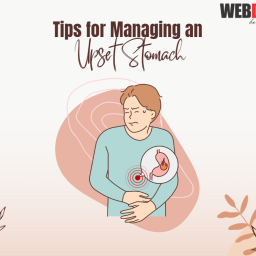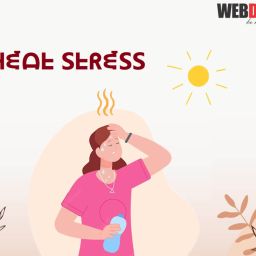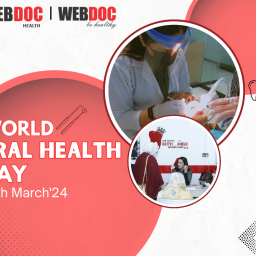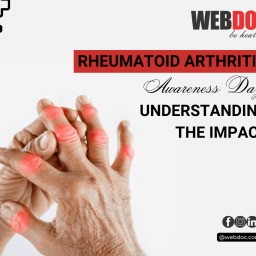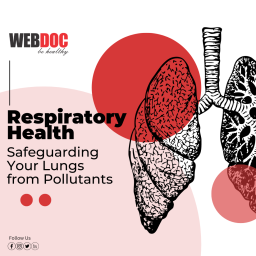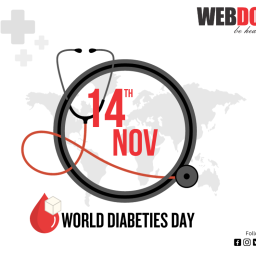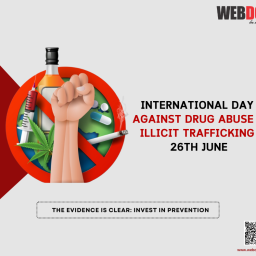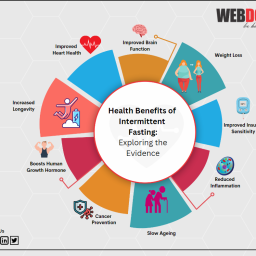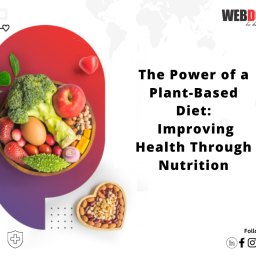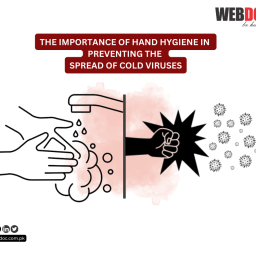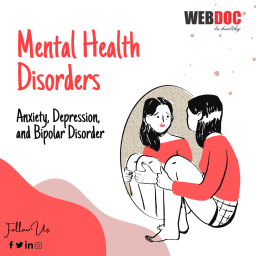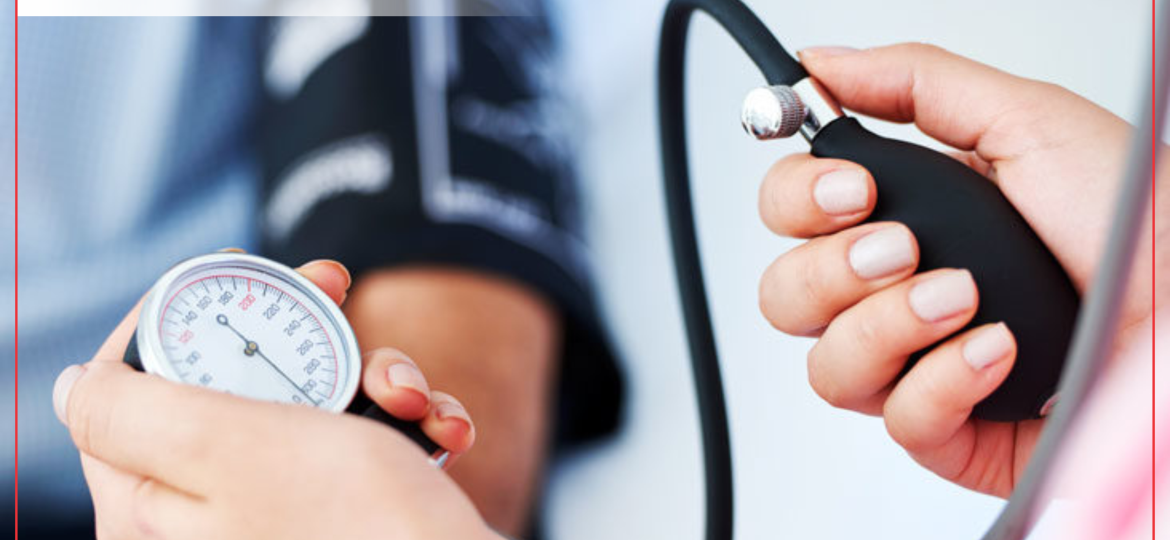
It is the tension of blood pushing against the dividers of your arteries. Arteries convey blood from your heart to various components of your body.
A normal blood pressure level is a smaller amount than 120/80 mmHg. No matter your age, you’ll be able to take steps daily to stay your Blood pressure in a healthy range.
The higher your blood pressure levels, greater is the chance of having different health issues. Your health care team will diagnose high blood pressure and create treatment choices by reviewing your beat and heartbeat pressure levels and examination them to levels found inbound tips.
- Some health care professionals diagnose patients with high blood pressure if their pressure is systematically 140/90 mm Hg or higher
- Other health care professionals diagnose patients with high blood pressure level if their pressure is constantly 130/80 mmHg or higher.
High blood pressure typically has no warning signs or symptoms, and plenty of individuals don’t grasp they need it.
High pressure will injury your arteries by creating them less elastic, which decreases the flow of blood that ends up in heart condition. additionally, decreased blood flow to the guts will cause:
- Chest pain is additionally referred to as angina.
- Heart attack, which happens once the blood provided to your heart is blocked and muscular tissue begins to die. The longer the blood flow is blocked, the larger the injury to the guts.
- Heart failure, a condition meaning your heart can’t pump enough blood and oxygen to your alternative organs.
High blood pressure levels will cause the arteries that offer blood and Oxygen to the brain to burst or be blocked, inflicting a stroke. Brain cells die throughout a stroke as a result of not getting enough Oxygen. The stroke will cause serious disabilities in speech, movement, and different basic activities. A stroke may also kill you.
The high-pressure level is named the “silent killer” as a result of it always having no warning signs or symptoms, and lots of individuals don’t recognize they need it.
- Getting a minimum of a hundred and fifty minutes of physical activity (about a half-hour daily, five days a week)
- Not smoking
- Eating a healthy diet, as well as limiting salt and alcohol
- Keeping a healthy weight
- Managing stress
Talk along with your health care team at once if you’re thinking that you’ve got a high-pressure level or if you’ve been told you’ve got a high-pressure level however don’t have it in restraint.
By taking action to lower your pressure level, you’ll facilitate shielding yourself against heart disease and stroke, additionally typically referred to as disorder (CVD).
General High blood pressure signs
- Severe headaches.
- Fatigue or confusion.
- Vision problems.
- Chest pain.
- Difficulty breathing.
- Irregular heartbeat.
- Blood in the urine.
General low blood pressure signs
- Dizziness or lightheadedness.
- Blurred or fading vision.
- Lack of concentration.
How to raise low blood pressure
- Drink plenty of water. Dehydration can sometimes lead to low blood pressure.
- Eat a balanced diet.
- Eat smaller meals.
- Limit or avoid alcohol.
- Eat more salt.
- Check your blood sugar.
- Get your thyroid checked.
- Wear compression stockings.
- Exercise is the most effective way to lower your blood pressure. …
- Consume a low-sodium(salt) diet.
- Make stress reduction a priority.








